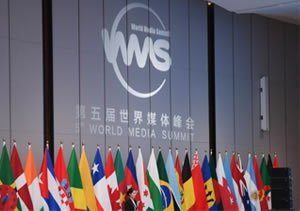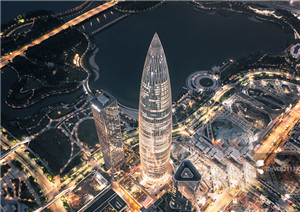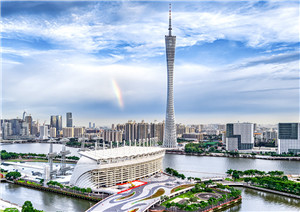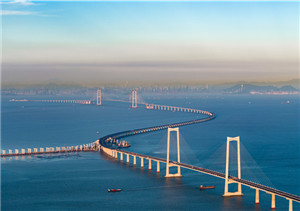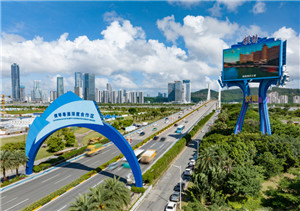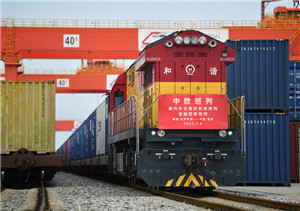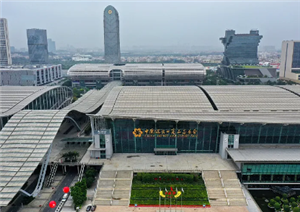Baohan Street, at most three hundred meters long, is the main street of the only remaining urban village in Yuexiu district, Guangzhou.
Since the 1990s, a growing number of African residents have rented accommodation here, transforming it into Guangzhou's most distinctive "African Street". The Xiaobei and Sanyuanli areas in Guangzhou, known for their thriving trade with Africa, have become hubs for African merchants. Locals have dubbed these areas "Little Africa", or "Guangzhou's Brooklyn".
The rise of "African Street" is closely linked to the booming trade between China and Africa, spurred in particular by the Canton Fair. Xiaobei is well-known within African migrant circles, with nearly every African who comes to Guangzhou choosing it as their first stop.
Guangdong has become one of the most closely connected regions to Africa in terms of trade, with a solid foundation of cooperation. Nigeria, in particular, is one of the African nations with the most promising prospects for cooperation.
With the largest economy in Africa and a partner country of the Belt and Road Initiative (BRI), Nigeria is China's largest engineering contracting market on the continent, its second-largest export market, its third-largest trading partner and a major investment destination. In 2017, bilateral trade between China and Nigeria reached $13.78 billion (98.01 billion yuan), a year-on-year increase of 29.7 percent. As China's economic powerhouse and leading province for foreign trade, Guangdong shares similarities with Nigeria in areas such as labor, land, natural resources, industrial structure, capital and technology.
"In Africa, if you are a businessman, you naturally talk a lot about Guangzhou," said Wale Oloko, Nigeria's consul general in Guangzhou.
"Africans have been coming to the Canton Fair for a long time and have been doing business in Xiaobei and Sanyuanli for years," he said.
Guangzhou’s strong commercial atmosphere has made it a familiar destination for Africans involved in China-Africa trade, with a long-standing tradition of African merchants coming to the city to "strike gold".
It has been reported that more than 70,000 Nigerians travel to Guangzhou annually for business, travel and official visits, with most of them being foreign trade merchants who typically stay for two to three weeks at a time.
According to Oloko, China-Africa economic relations focus on two main areas: infrastructure (such as railways, roads, housing, power plants, water resources and telecommunications) and soft industries (including culture, technology, education and tourism).
In Oloko’s view, Guangdong plays a crucial role in China-Africa cooperation: "Firstly, there are more Africans in Guangzhou than in any other city in China. Secondly, Guangzhou hosts 10 African consulates, with more on the way. Thirdly, Africans have a long history of coming to Guangdong for business."
In recent years, with the progress of the Belt and Road Initiative, many Guangdong brands have expanded internationally, and Africa has become a key destination for Guangdong enterprises seeking investment and business opportunities.
Guangdong companies such as Huawei, GAC and Huajian have invested in Nigeria, establishing factories that not only open up the local market but also extend their reach to West Africa and other regions of the continent.
The year 2023 marked the 10th anniversary of the Belt and Road Initiative. Over the past decade, China has maintained its position as Africa's largest trading partner, with direct investment in Africa exceeding $30 billion.
Four of the first seven overseas economic and trade cooperation zones to be pioneered by Guangdong are located in Africa: the Nigeria Guangdong Economic and Trade Cooperation Zone, the Belt and Road Industrial Park (Nigeria), the Uganda-China (Guangdong) International Capacity Cooperation Industrial Park, and the Huajian Ethiopia Light Industry City.
Moving forward, Guangdong will guide and support enterprises to increase investment in African industries, especially in manufacturing, agriculture, trade logistics and the digital economy.



